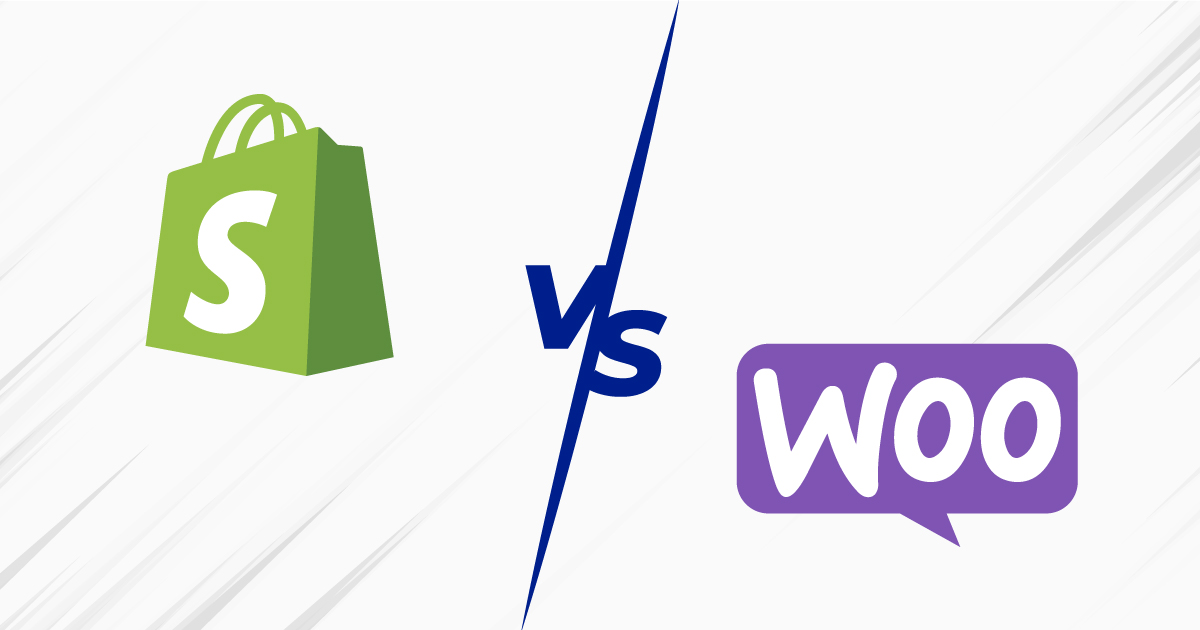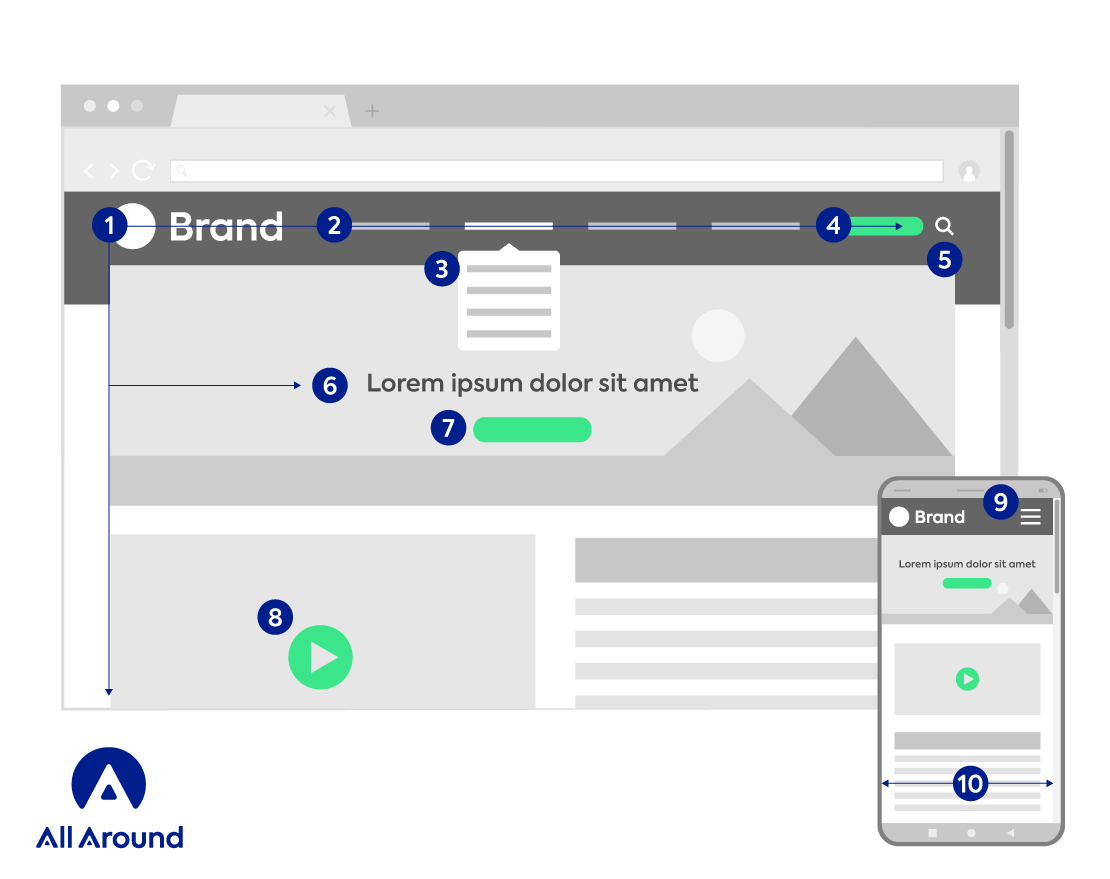E-commerce has experienced tremendous boom in recent years, and more and more companies and consumers are joining this trend. However, choosing the best e-commerce platform to create an online store can be overwhelming due to the sheer number of options available. To help cut through the confusion, in this article we will present five of the most popular e-commerce platforms.
What should I take into consideration when choosing one e-commerce platform over another?
When choosing an e-commerce platform, you will need to consider several factors. Here are some of the most important ones:
- Type of business: Choose a platform that suits the specific needs of your business. For example, if you sell digital products, you may want a platform that has specific tools for delivery and download management, rather than features geared to physical products.
- Ease of use: E-commerce platforms should be easy to use both for you and your customers. If the platform is complicated or difficult to use, your customers may become frustrated and abandon before purchase.
- Scalability: If growth is on the horizon, you will want to select a platform that allows you to keep up and expand your business as it develops. You should make sure that your e-commerce platform allows you the possibility to add more features, expand to new markets, and handle higher traffic and sales volumes without compromising performance, especially during peak periods such as the Christmas season or sales.
- Cost: Always consider the cost of the platform, as well as additional fees such as transaction and hosting costs. Make sure you choose a platform that fits your budget and allows you to get a positive return on investment.
- Support and security: It is key that the platform you choose offers technical support and adequate security measures to protect both your business and your customers.
What are the most popular ecommerce platforms?
Shopify
Shopify is one of the most popular and widely used e-commerce platforms worldwide. It is a cloud-based platform that allows you to create an online store and sell your products online.
Shopify is an easy-to-use, scalable ecommerce platform with reasonable costs, 24/7 online support, and advanced security to protect business and your customers’ data. If you are looking for a reliable and convenient e-commerce platform for your business, Shopify is an excellent choice.
WooCommerce
WooCommerce is a free, open-source e-commerce platform that integrates with WordPress.
WooCommerce has a large number of customizable add-ons and tools to meet the specific needs of online retail shops. It is highly scalable and offers a large number of extensions and tools to customize your store. If you have experience managing websites with WordPress and are looking for a free and customizable e-commerce platform, WooCommerce is a great choice for your business.
Magento
Magento, or Adobe Commerce, is an open-source e-commerce platform that offers a wide range of tools for creating and managing an online store. Magento is a good choice for those with advanced e-commerce needs, such as integration with inventory systems and shipping management.
You will need to be very tech savvy to develop your online shop with this platform, and the average cost to build a Magento store is quite high.
You will also have to take care of security and if you want to increase functionalities with Magento extensions, you will have to pay for these.
PrestaShop
PrestaShop is a free and open-source content management system (CMS) designed to build online e-commerce stores from scratch. We could say that it lies somewhere in between Magento and Shopify.
The add-ons and support plans are expensive, you will need to take care of getting your own hosting, domain and security certificate. The initial outlay might be higher, but you will not need to pay more as your store grows (unless you require more hosting resources or specific functionalities that are not covered by the pre-developed modules).
PrestaShop is geared to creation of larger stores. At first the control panel can be a bit overwhelming, and setup is more tedious, but your final result with be a more complex and complete site.
PrestaShop is a good option for those looking for a scalable and customizable solution at an affordable price.
Wix
Wix.com is a cloud-based web development platform that includes hosting and domain in its monthly fee. It is geared towards small businesses and end users without programming skills.
Wix allows users to create HTML5 websites and mobile sites through the use of online drag-and-drop tools. Wix is a good option for those looking for an easy-to-use and affordable solution.
Some of the problems we find in this platform are that it does not allow us to change templates once we set up our site, it only accepts payments with PayPal or Authorize.net, and Wix does not allow you to download or export your website data. In addition, your costs increase rapidly with each add-on functionality you require as these result in additional fees. It may very well cost you more in the long run.
So which platform should I choose?
Each of these options has its strengths and weaknesses, and the best e-commerce platform for you depends on your specific needs and personal preferences. We recommend that you carefully evaluate your requirements and make a list of the most important features before making a decision.
Whatever platform you choose, we are here to help. Maybe you already have your online retail site up and running but it’s not generating enough sales. Or maybe you need help launching. In any case, you can count on the Design and Development team at All Around We can help you optimize conversions, improve load time or develop features that can optimize your e-commerce and marketing workflow.
More posts about: Start an online business







